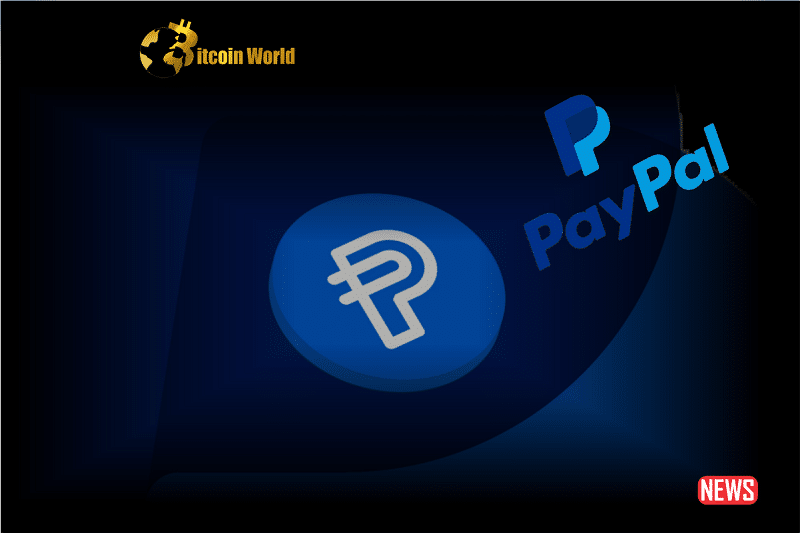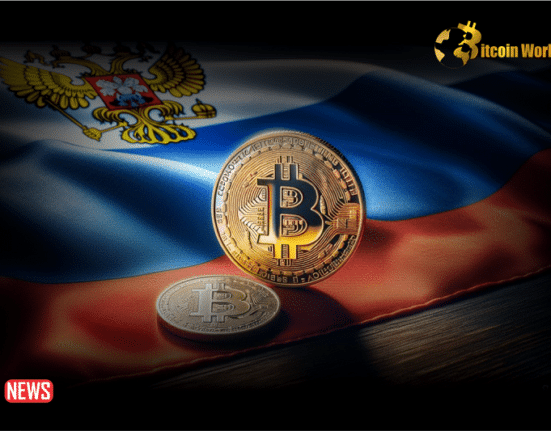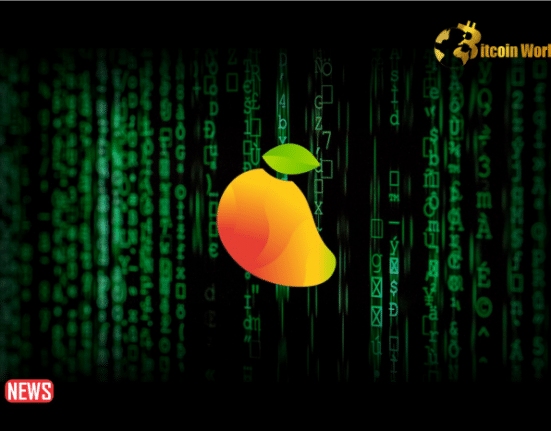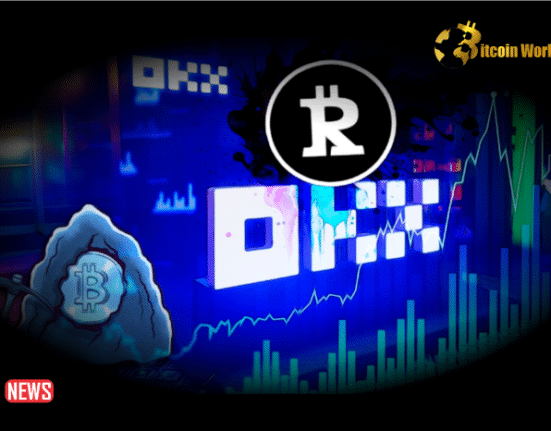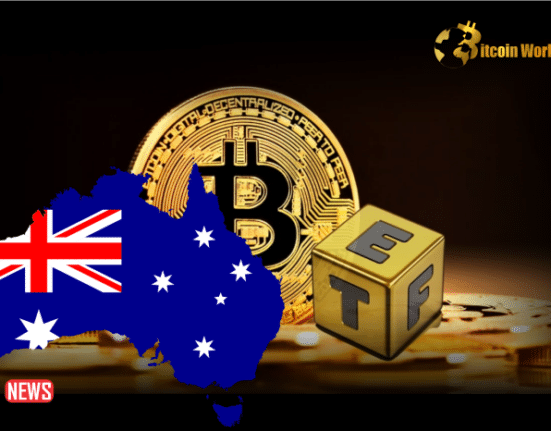On August 7, PayPal took the fintech world by unveiling its stablecoin: PayPal USD (PYUSD). The coin, endorsed and issued through a partnership with Paxos, promised more than just a transactional token. It offered seamless transfers between PayPal accounts and compatible wallets, ushering in a new age for PayPal enthusiasts who wanted the dual convenience of a crypto-backed coin within a trusted platform.
What You Get:
For users, the appeal was clear. The PYUSD was not just another stablecoin. It was a coin that could be used to purchase products, services, and more, akin to conventional PayPal money.
The Numbers Tell A Story:
Several weeks into its inception, figures from DefiLlama place the PYUSD’s market cap at a promising $4.5 million. However, diving deeper into CoinMarketCap data paints a clearer picture of its current trajectory. PYUSD ranks 2,175th among all crypto assets and holds a modest 39th position in the stablecoin market. With a commendable total supply of 47 million tokens, these figures prompt the question: Has PYUSD lived up to the hype?
Trade Volume Dynamics:
Santiment’s volume charts hint at an enthusiastic start for PayPal’s stablecoin. Trading activity saw an impressive spike, reaching its zenith at over 4.2 million by 24 August. However, like all good things, this trend experienced a dip, with trade volumes receding below the 1 million mark. As of now, it’s comfortably oscillating around 1.3 million.
Expectations vs. Reality:
Having been in the pipeline for close to a year, market pundits had high hopes for PYUSD’s fast-paced adoption. But the digital currency arena is no stranger to fierce competition. Giants like USDC and Tether USDT still cast long shadows, with PYUSD struggling to match their towering presence.
The Regulatory Curveball:
But the game might be far from over. A recent memo from the Federal Reserve to banks has set tongues wagging. In this memo, the Federal Reserve intended to take a more assertive role in overseeing and regulating the stablecoin market. While the note delicately hints at discouraging banks from holding reserves for stablecoin issuers or streamlining stablecoin settlements, it does leave the market pondering. How might these shifts impact PYUSD?
The journey of PayPal’s PYUSD offers a captivating blend of high expectations, market realities, and impending regulatory twists. Its future may still be uncertain, but it’s undeniable that PYUSD has added a thrilling chapter to the ever-evolving narrative of digital currencies.

